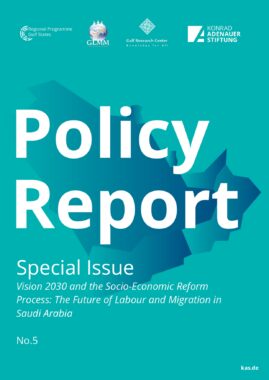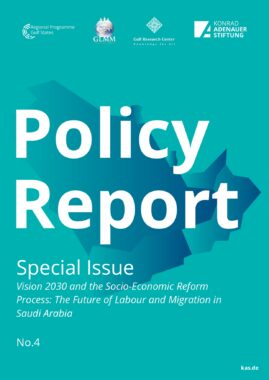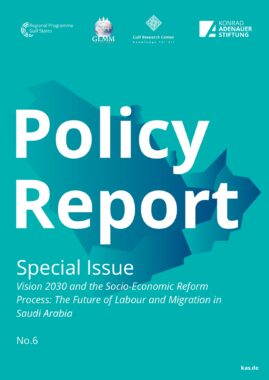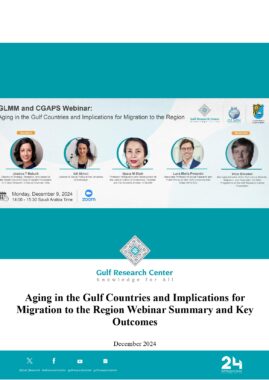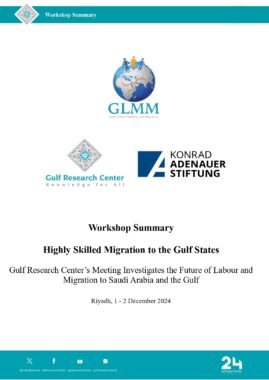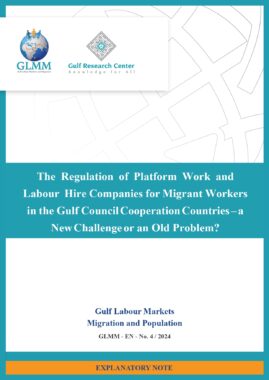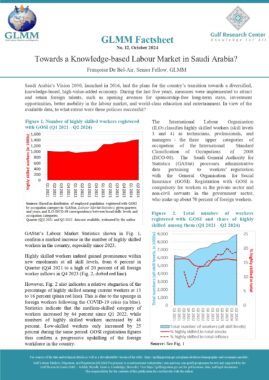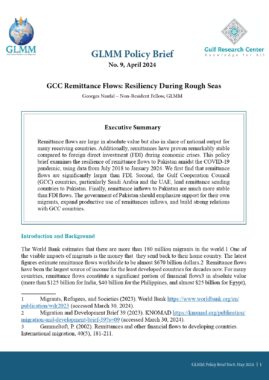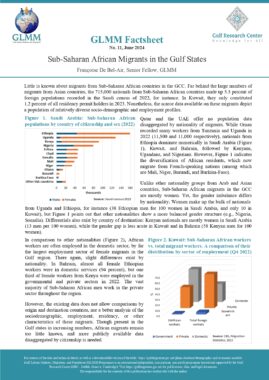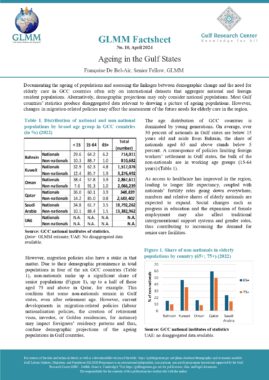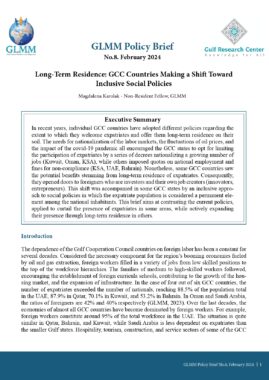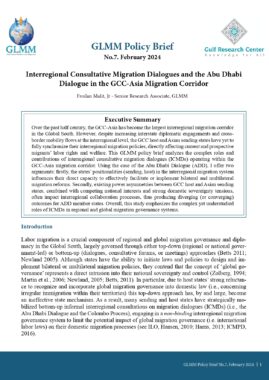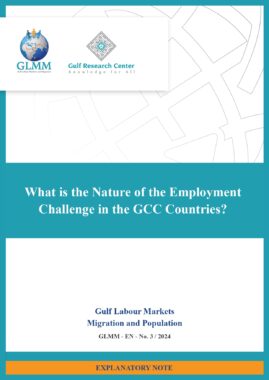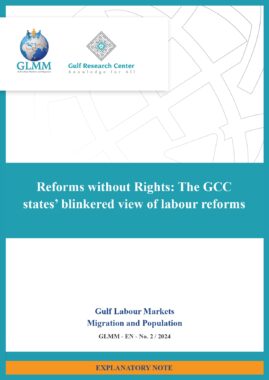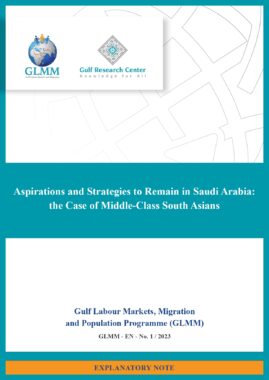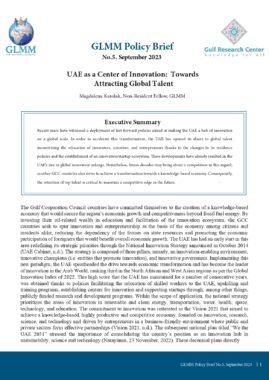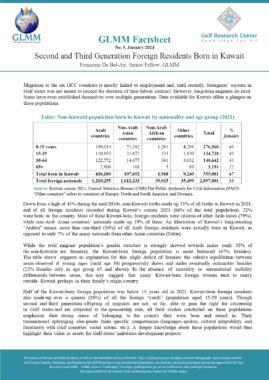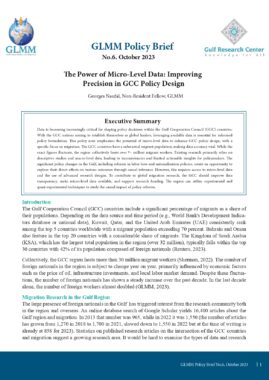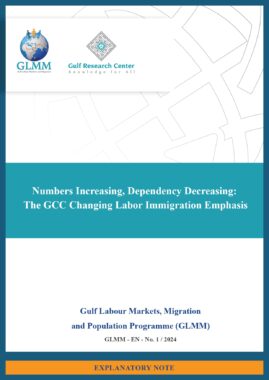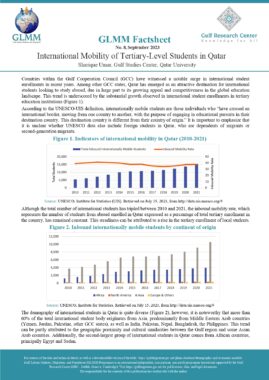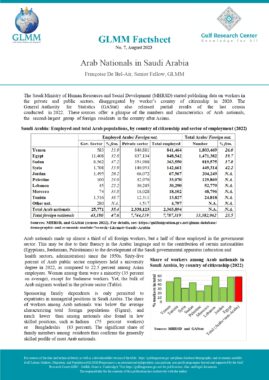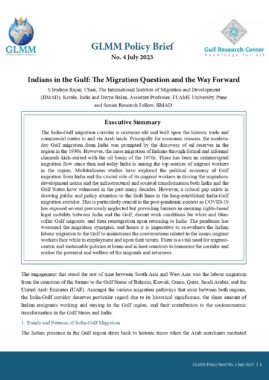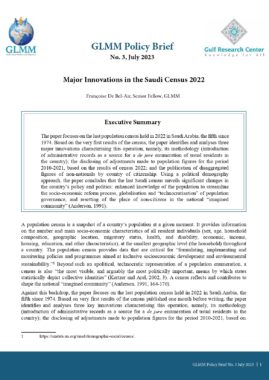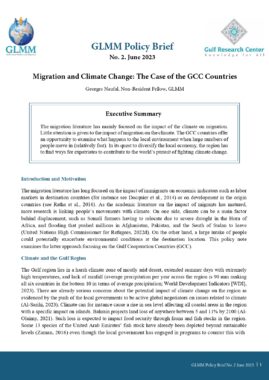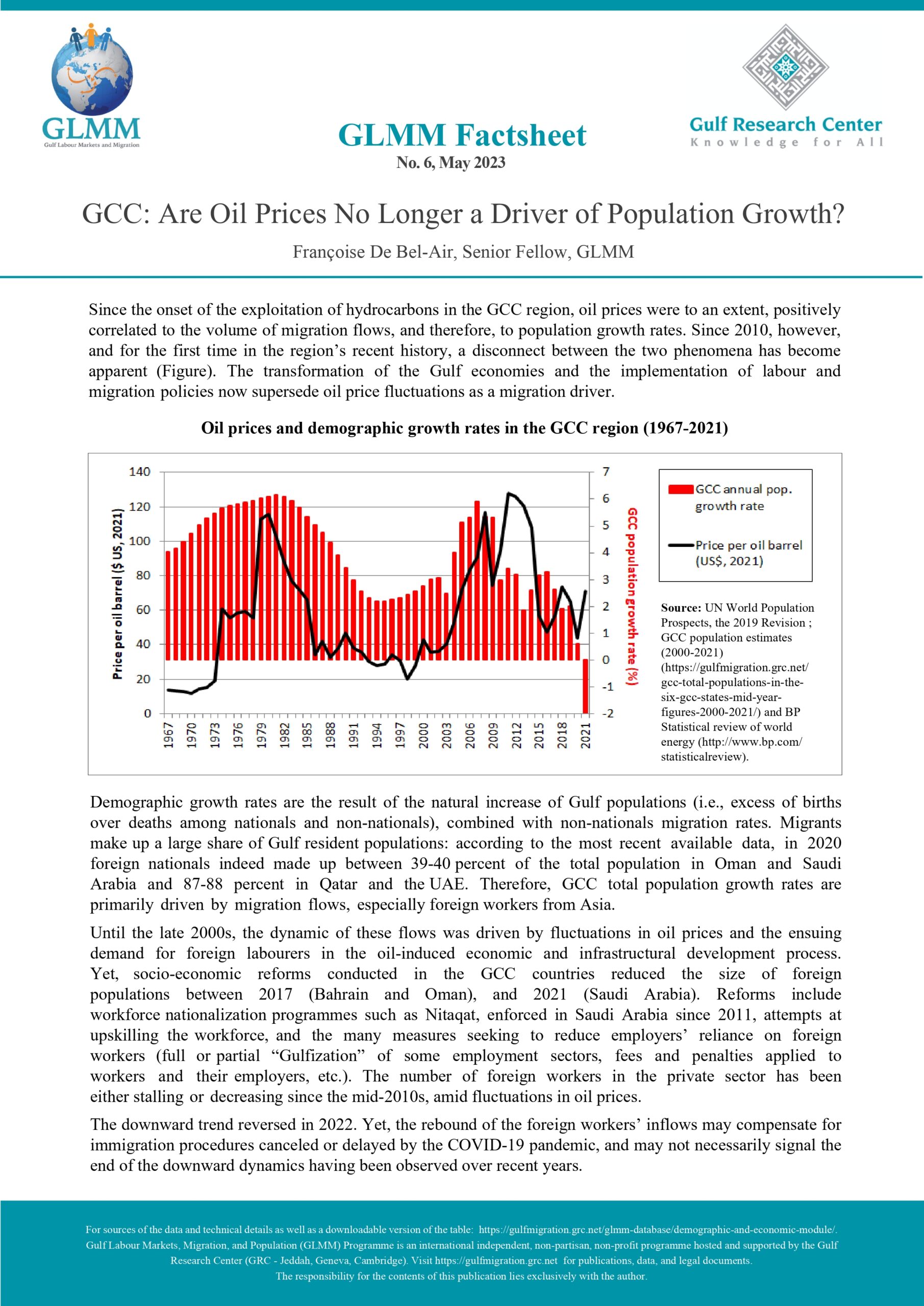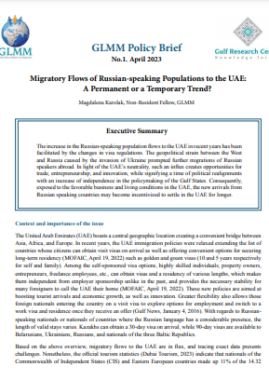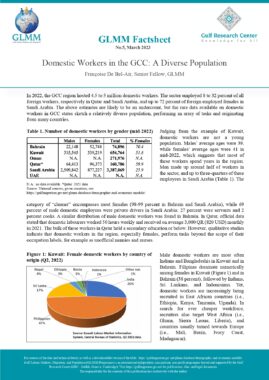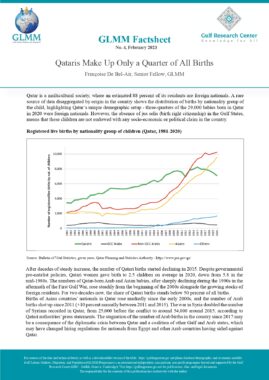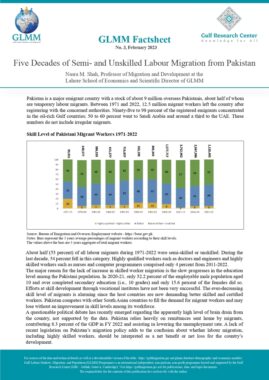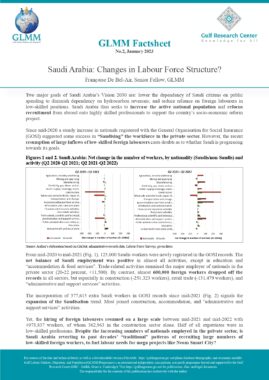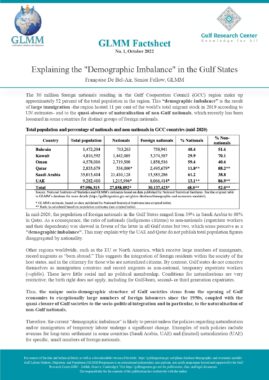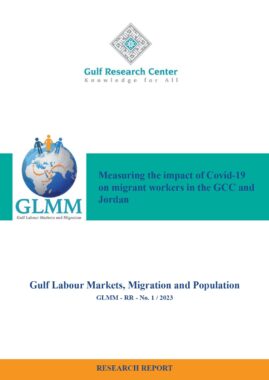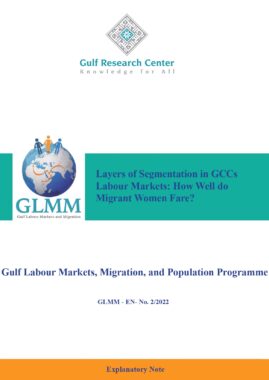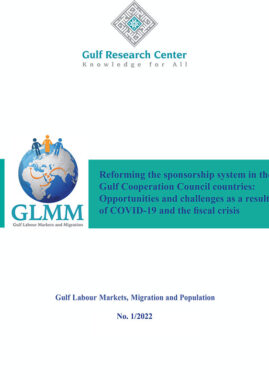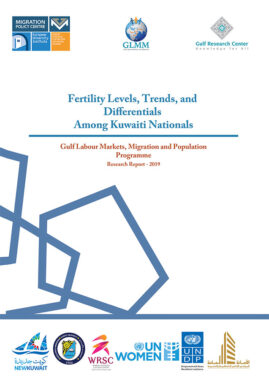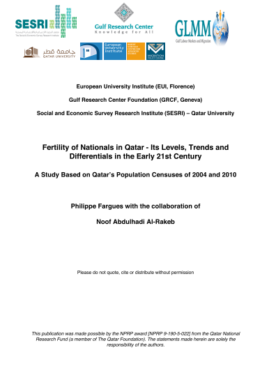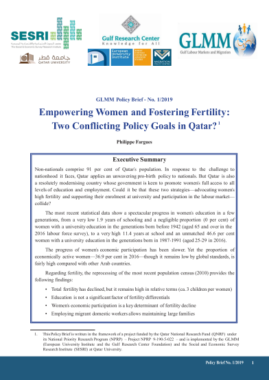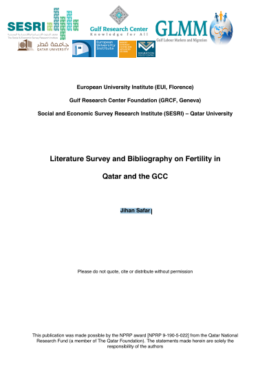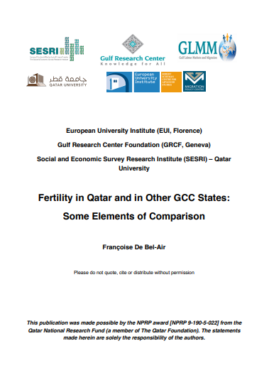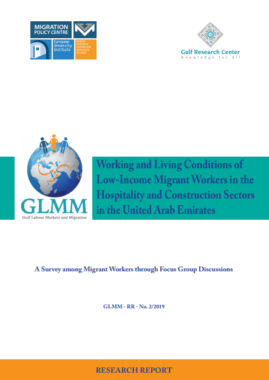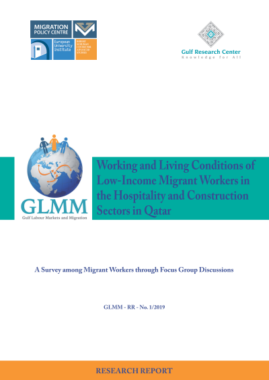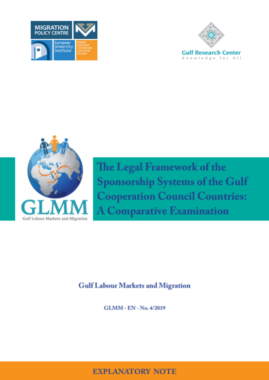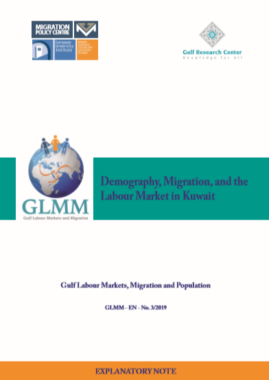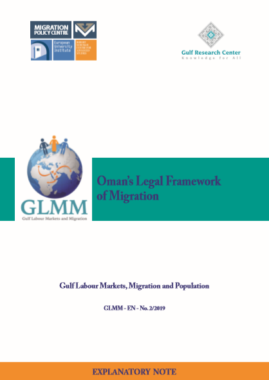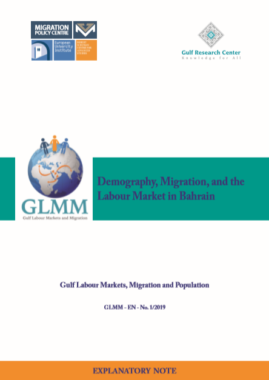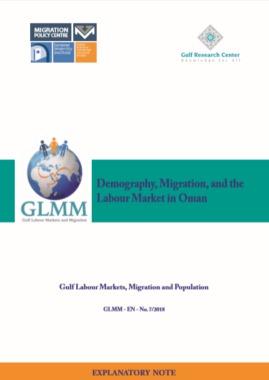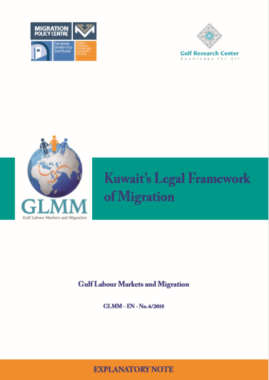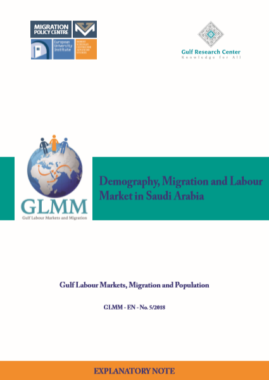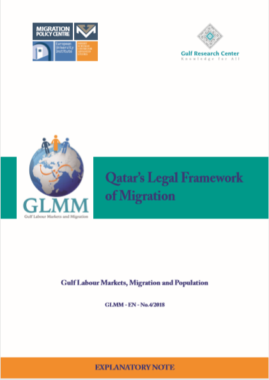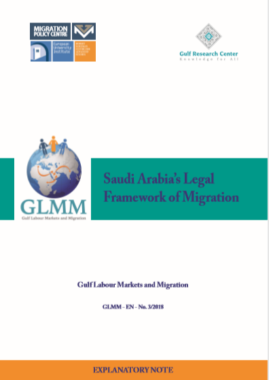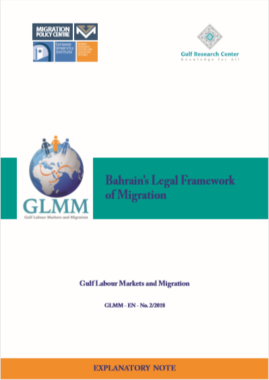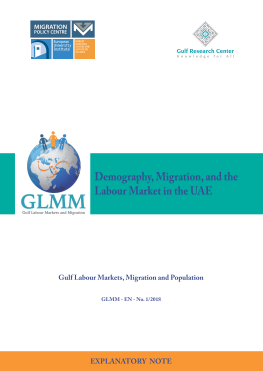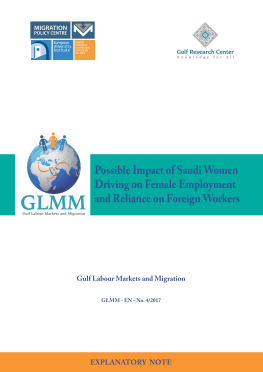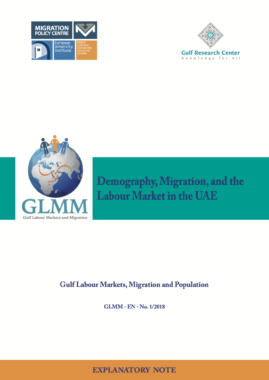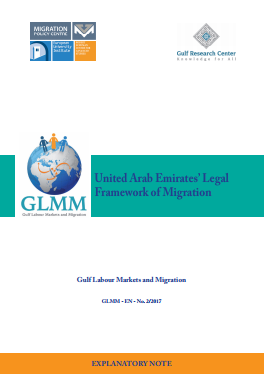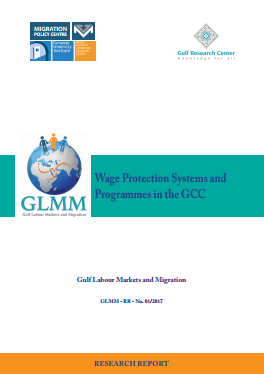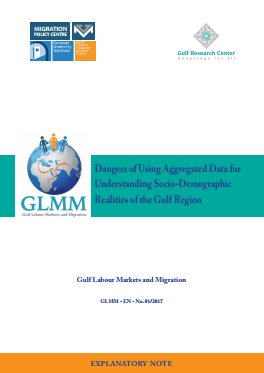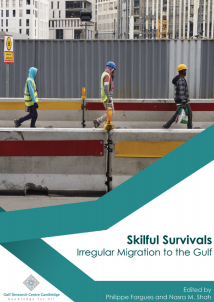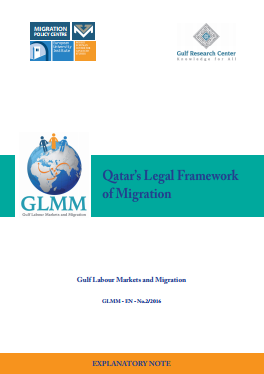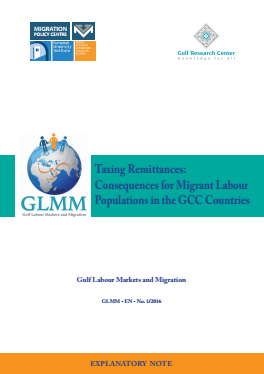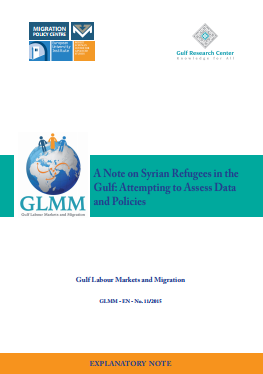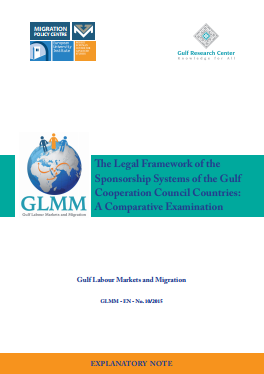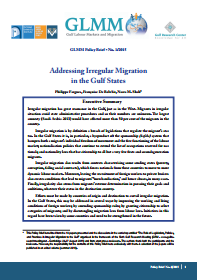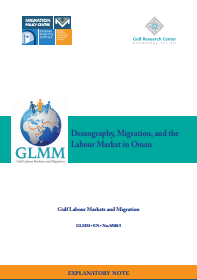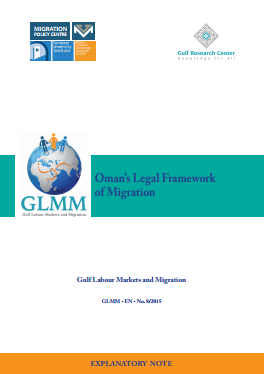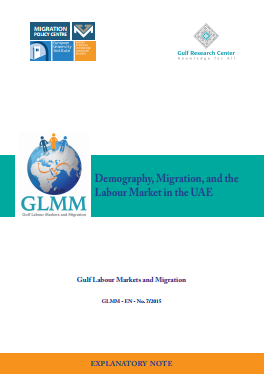GCC: Total population and percentage of nationals and non-nationals in GCC countries (selected countries, national statistics, mid-2021)
| Country | Total population | Nationals | Foreign nationals | % nationals | % non-nationals |
| Bahrain | 1,504,365 | 719,333 | 785,032 | 47.8 | 52.2 |
| Kuwait | 4,627,674 | 1,473,261 | 3,154,413 | 31.8 | 68.2 |
| Oman | 4,479,373 | 2,766,808 | 1,712,565 | 61.8 | 38.2 |
| Qatar | 2,748,162 | NA | NA | NA | NA |
| Saudi Arabia | 34,110,821 | 21,690,648 | 12,420,173 | 63.6 | 36.4 |
| UAE | NA | NA | NA | NA | NA |
Source: National institutes of statistics
NA: Non-Available
1- Definitions:
Non-nationals are:
1- persons bearing nationality of a foreign State other than the GCC State of residence, or bearing no proof of nationality from any given state (stateless persons and holders of refugee status and travel document in a third country);
2- Holders of residence permit residing in the given GCC country at date of census, as per definition of residence used in each of the countries.
2- Sources of data:
(1) Bahrain Open Data Portal, “Documents” section, Population 2021, https://www.data.gov.bh/en/ResourceCenter
Source: administrative records (Central Population Register)
(2) Statistics Service System, Kuwait Public Authority for Civil Information (PACI). Population, June 2021. https://www.paci.gov.kw/ (inaccessible from outside Kuwait as of 4 October 2022).
(3) National Centre for Statistical Information (NCSI). Monthly Statistical Bulletin, July 2021. https://www.ncsi.gov.om/Elibrary/Pages/LibraryContentView.aspx
(4) Qatar Planning and Statistics Authority, Population and Social Statistics 2021 (Total population estimates by sex). https://www.psa.gov.qa/en/statistics/Statistical%20Releases/Population/Population/2021/Population_social_1_2021_AE.pdf
Qatar’s statistics do not disclose the distribution of the resident population by nationality (nationals/non-nationals). No other, recent enough source was available, as of 4 October 2022, to derive an estimate of the national and non-national populations.
For estimates relevant to earlier years, please visit GLMM’s database:
https://gulfmigration.grc.net/glmm-database/demographic-and-economic-module/ .
(5) Saudi Arabia General Authority for Statistics, population estimates for mid-2021.
Population estimates are based on the results of the Population Censuses (1974, 1992, 2004, 2010), on the Demographic Research Bulletin 2016 (2013-2017), and on administrative records: vital statistics records (births and deaths records) and im/emigration records.
https://www.stats.gov.sa/en/43
https://www.stats.gov.sa/ar/43
(6) No figures of total (non-disaggregated) population available for 2021, as of 4 October 2022; Figures of UAE population disaggregated by nationality are unavailable in published sources.
For estimates relevant to earlier years, please visit GLMM’s database:
https://gulfmigration.grc.net/glmm-database/demographic-and-economic-module/.
Last date of access: 4 October 2022.
GLMM and GRC cannot guarantee that the link to access the source will not change; that the information will not be removed from the website it was obtained from; that no geo-blockages will be imposed; or that the information will not be available for any another reason.
Similar Posts:
- GCC: Working-age population by nationality (national/non-national) and age group (mid-2021)
- GCC: National and foreign populations by five-year age group (mid-2021)
- GCC: Total population and percentage of nationals and non-nationals in GCC countries (national statistics, mid-2020)
- GCC: Total population and percentage of nationals and non-nationals in GCC countries (national statistics, 2017-2018) (with numbers)
- GCC: Total population and percentage of nationals and non-nationals in GCC countries (national statistics, 2010-2015) (with numbers)
Tags: Bahrain, Foreign and National Populations, GCC, Kuwait, Oman, Qatar, United Arab Emirates
